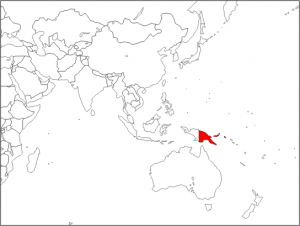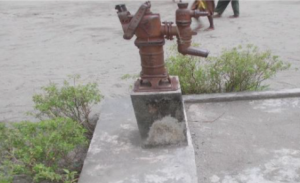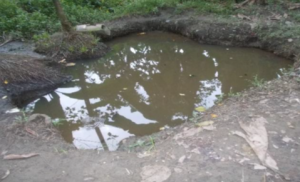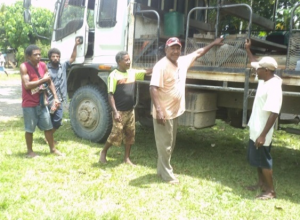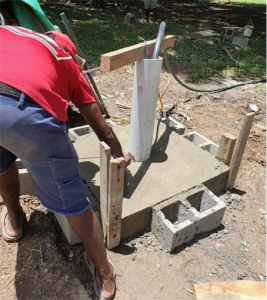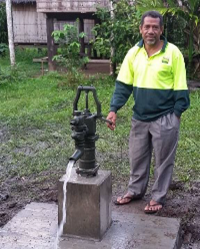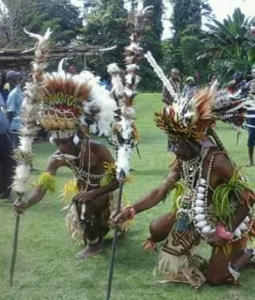JWF Fund 2019
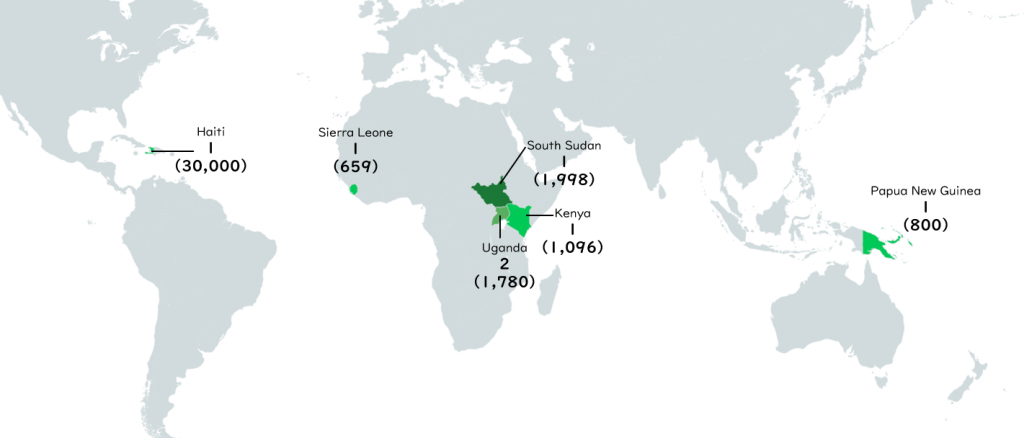 *Note: The number of supported project are shown boldface and the number of beneficiaries are shown in parentheses.
*Note: The number of supported project are shown boldface and the number of beneficiaries are shown in parentheses.
The number of supported project and beneficiaries of JWF Fund 2019
The JWF Fund was founded in 2005 and is operated solely by the Japan Water Forum (JWF), which aims to support selected grass-roots organizations in developing countries that have been addressing local water-related issues. Every year, the JWF publicly seeks out projects to support. Those adopted after due assessment are eligible for funding of up to 1,000 USD per project. The JWF Fund is based on JWF membership fees and donations from general contributors.
Under the JWF Fund 2019, seven projects in six countries were selected out of 302 projects submitted by 36 countries.
Applications for the JWF Fund 2019:
・Application Period: 3 June to 15 July 2019
・Number of Applications: 302 projects from 36 countries
・Selected projects: 7 projects from 6 countries; Papua New Guinea (1), Uganda (2), Kenya (1), South Sudan (1), Haiti (1), and Sierra Leone (1)
This page describes the project Improvement of health conditions through pump installation and WASH training (Papua New Guinea).
Improvement of health conditions through pump installation and WASH training (Papua New Guinea)
| Outlines of the project: ・Organization: Morobe Development Foundation Inc. (#255) ・Project title:Improving and Sustaining Village Water Supply in Lababia ・Country/Area: Papua New Guinea/ Morobe Province ・Project period: October 2019 to March 2020 ・Number of beneficiaries: 800 (300 primary school pupils and 500 village residents) ・Cost: $1,717.36 ($990: JWF funds, $27.36: beneficiaries, and $700: Morobe Development Foundation Inc.)
Background: Before the project:
Project Overview: During the project:
Main activities: After the project:
|
Voices from the beneficiaries:
Mr. Robert Tom (member of the project team, Head of the Kamiali Association, 44 years old)
|
| Mr. David Juda (student)
|
Mr. Joe Nasing (Community Leader)
|
(Reported by Shigenori Asai, Director and Miyo Tabata, Assistant manager)
